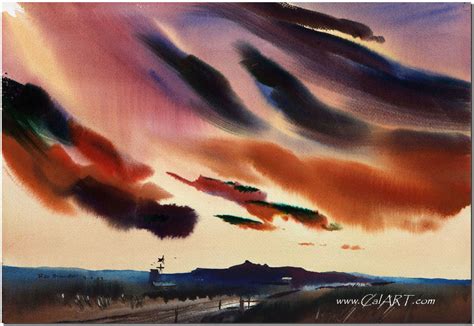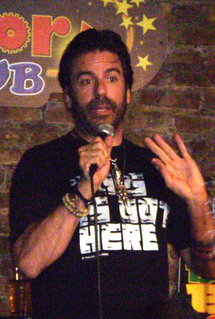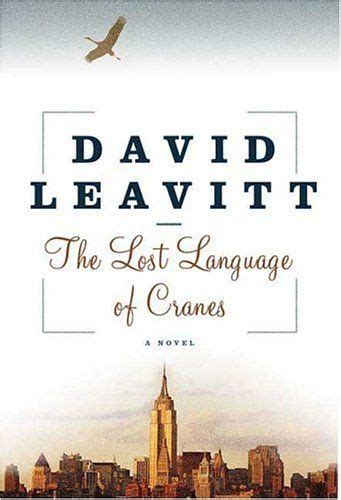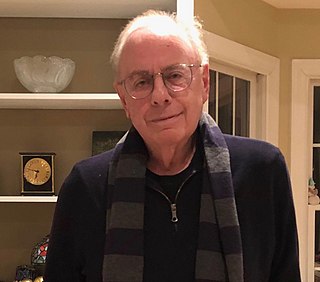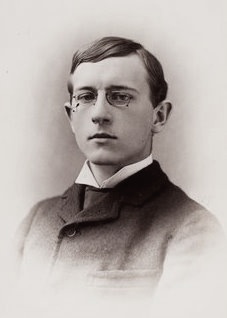A Quote by Noah Hawley
'Fargo' is a tragedy with a happy ending. So you need to have that tragic underpinning, that all of this could be avoidable, and that's what makes it tragic. It's about the use of violence, and the fact that the tension in anticipation of violence and the tension in anticipation of a laugh are sort of the same.
Related Quotes
I must remind you that starving a child is violence. Suppressing a culture is violence. Neglecting school children is violence. Punishing a mother and her family is violence. Discrimination against a working man is violence. Ghetto housing is violence. Ignoring medical need is violence. Contempt for poverty is violence.
Any evaluation which implies rightness or wrongness is a tragic, suicidal expression of an unmet need. Tragic, first because it decreases our likelihood of getting our need met! Even if we think it. And secondly, because it increases the likelihood of violence. That's why I'm suggesting any evaluation which implies rightness or wrongness is a tragic, suicidal expression of an unmet need. Say the need! Learn a need-consciousness.
We all spend so much time worrying about the future that the present moment slips right out of our hands. And so all we have left is retrospection and anticipation, retrospection and anticipation. In which case what's left to recall but past anticipation? What's left to anticipate but future retrospection?
I've told the kids in the ghettos that violence won't solve their problems, but then they ask me, and rightly so; "Why does the government use massive doses of violence to bring about the change it wants in the world?" After this I knew that I could no longer speak against the violence in the ghettos without also speaking against the violence of my government.


